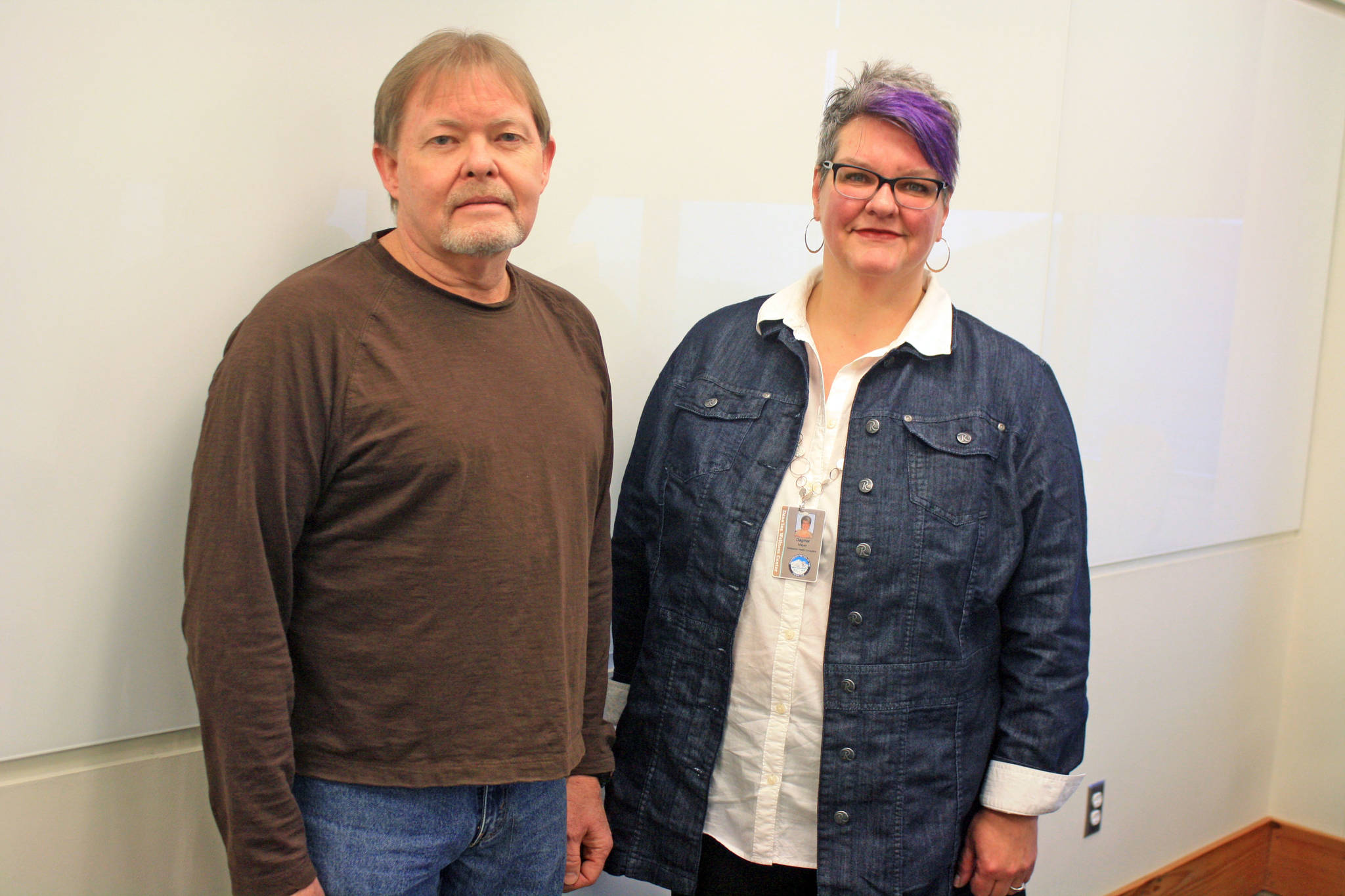Alaska consistently tops the nation in suicides — in 2014 and 2015 the state’s suicide deaths were ranked second in the nation by the Centers for Disease Control.
Statewide, suicide was the sixth-leading cause of death in 2016, killing 186 people. Among American Indian and Alaska Native populations, the rate was even higher. Members of those communities were 2.1 times as likely to commit suicide than white people, according to the Alaska Vital Statistics 2016 Annual Report.
Despite its prevalence, suicide is a topic few know how to talk about.
To get the conversation started, and provide critical tools for those trying to prevent others from taking their own life, the Kenaitze Indian Tribe will host an Applied Suicide Intervention Skills Training (ASIST) workshop later this month.
The intensive, two-day course will help participants recognize signs of suicidal thoughts in others and make them more comfortable discussing the issue with those considering suicide, Dagmar Mayer, behavioral health consultant at the Dena’ina Wellness Center, said.
Participants will be asked to talk about how suicide has touched their lives, and examine their own bias about the topic. Dagmar said facilitators avoid words that intensify the negative stigma around the issue. For example, they avoid phrases like “commit suicide.”
”You commit sins. You commit a crime,” she said.
Being able to broach the subject of suicide with someone is the first step to preventing it.
“If we don’t ask, if we’re not comfortable asking — the problem will continue,” Timothy Gillis, a workshop co-faciliator and a behavioral health clinician at the Dena’ina Wellness Center, said.
As a crisis counselor in a state with one of the highest rates of suicide in the nation, he interacts with people considering self-harm on a daily basis. Even so, he’s often surprised by the number of people participating in the workshop who have considered suicide at some point in their life.
“Not only does this help people help other people, it helps people get help,” he said.
Gillis said the training provides a lifeline to those considering suicide by focusing on the here and now.
“A lot of times think suicide means ‘yes’ or ‘no.’ This helps identify a third category, which is ‘not right now,’” Gillis said.
This “safe for now” approach required thinking beyond her own professional training, Stephanie Haasis, mental health clinician at the Dena’ina Wellness Center, said.
“The biggest thing I took away is that you don’t have to come up with some big elaborate plan, she said. “You only have to worry about right now, today.”
The free ASIST workshop will take place Jan. 17 and 18 at the Dena’ina Wellness Center. For more information or to register call 335-7415 or email dmayer@kenaitze.org.

